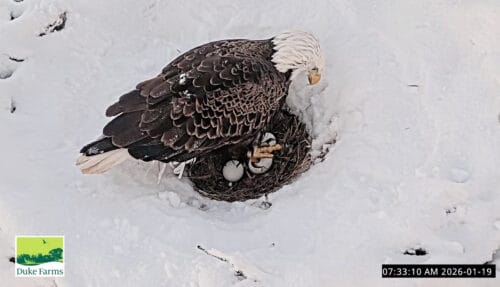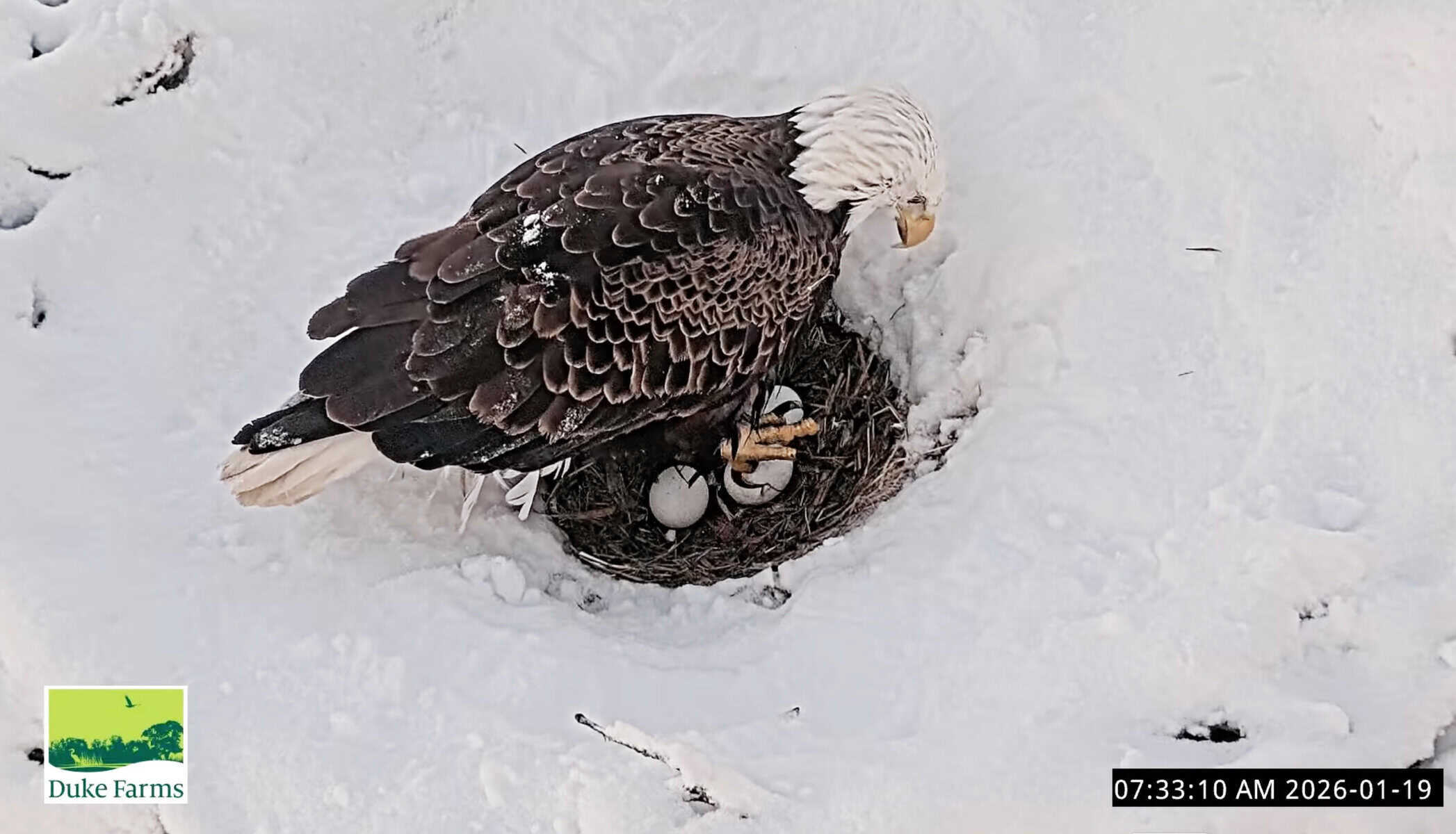Many NJ Farmers Are Nearing Retirement. For Young People, It May Create Opportunity

This story is being republished under a special NJ News Commons content-sharing agreement. Link to story: northjersey.com/story/news/business/2024/07/22/new-jersey-farmer-loan-programs/74441850007
With the average New Jersey farmer closer to retirement than college age, the state is considering a new loan program to help people getting their start in the business.
Legislation co-sponsored by Sussex County Assemblywoman Dawn Fantasia would direct the New Jersey Economic Development Authority and the state Department of Agriculture to develop the program. Farmers with a decade’s experience or less would be eligible.
The bill (A4229) was approved by a state Assembly committee last month but still needs the approval of the full Assembly, state Senate and governor to become law.
“The legislation has been around for at least seven years and has always attracted bipartisan sponsorship,” said Fantasia, a Republican whose 24th district includes parts of Sussex, Morris and Warren counties. “New Jersey has spent millions of dollars to preserve farms; we need to ensure that we are preserving the farming profession and the farmers themselves.”
New Jersey is home to nearly 10,000 farms on approximately 750,000 acres of farmland, according to state statistics. That’s about the same as it was a decade ago.
Average age of NJ farmers is rising: But the state’s growers are growing older. The average New Jersey farmer was about 59 years old in 2022, according to a federal Agriculture Department survey. Just 7.8 percent of Garden State farmers were younger than 35.
“There is a lot on the plate of a beginning farmer,” Fantasia said. “Not only does a new farmer need to know what type of land and soil they want to farm and determine which variety of crops they want to grow—on top of that, you need to know how to grow the crops, build a customer base, learn marketing as well as things like irrigation, fertilizers, pest control, food regulations, hiring workers, etc.”
Her legislation doesn’t set specific loan amounts for individual applicants, leaving that for the Economic Development Authority to decide. The bill defines a beginning farmer as a “person with a low or moderate net worth, as determined by the NJEDA, who wishes to engage in farming and has never farmed before, who has engaged in farming in the state for 10 years or less as of the effective date of this act.”
Who’s eligible for beginning farmer loans? If the bill is approved, new farmers will have to apply to the Authority and meet the following criteria:
• establish that the applicant is a beginning farmer, as defined in the bill, and is a material and substantial participant in farming activities;
• be a New Jersey resident;
• propose to use the loan moneys to purchase agricultural land, agricultural improvements or depreciable agricultural property located in the state;
• have sufficient education, training or experience to engage in the type of farming for which the loan is sought;
• if the loan is for the acquisition of agricultural land, have access to adequate working capital, farm equipment, machinery, or livestock;
• if the loan is for the acquisition of depreciable agricultural property, have access to adequate working capital or agricultural land;
• use the agricultural land, improvements and depreciable property purchased with the loan only for farming activities conducted by, or under the direction of, the beginning farmer;
• satisfy any other criteria established by the Authority.
The bill would also allow the authority to participate in programs operated by the U.S. Department of Agriculture, the Federal Land Bank or other federal and state agencies to help first-time farmers, Fantasia said. “This potentially allows them access to federal dollars for the program and maximize the program.”











